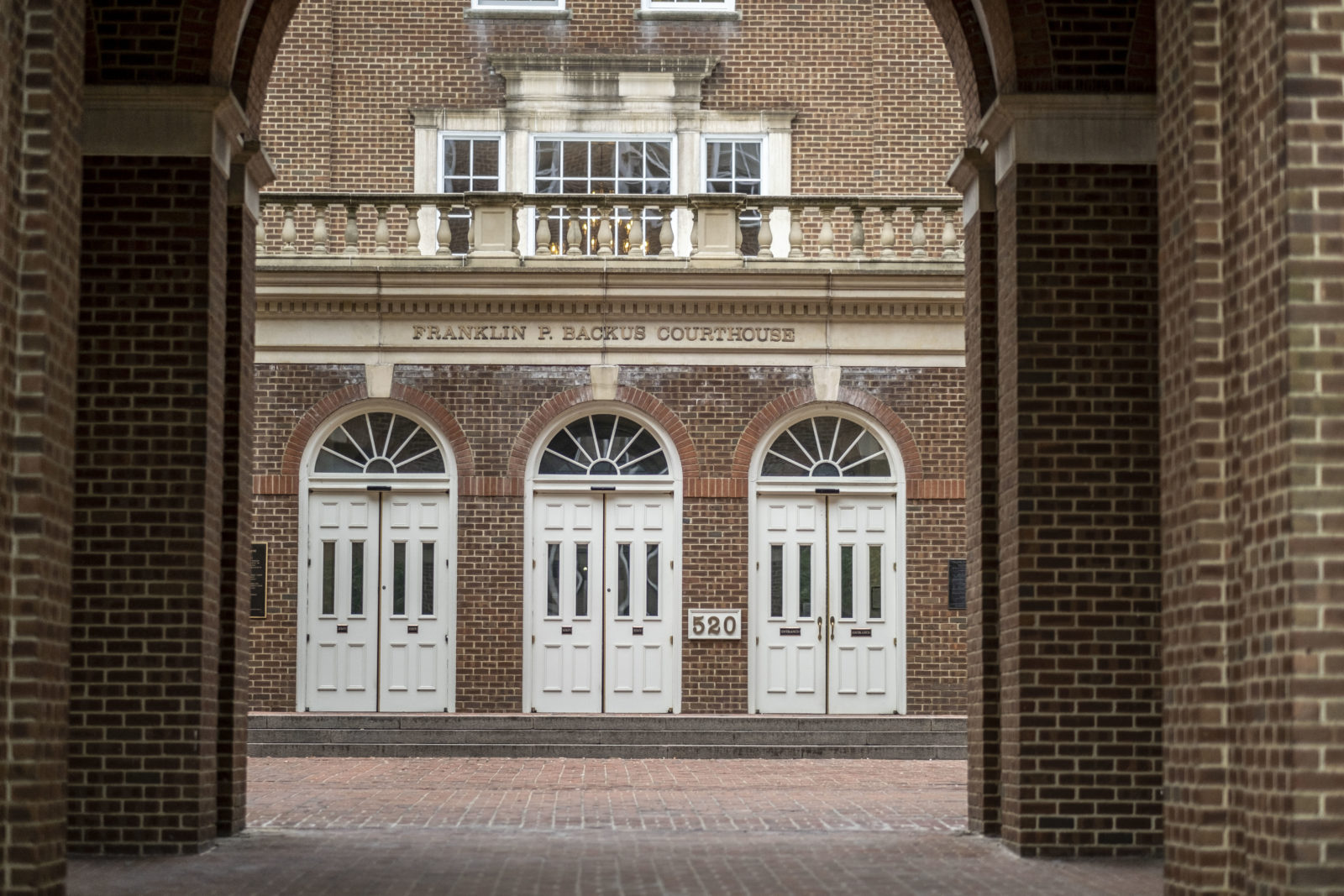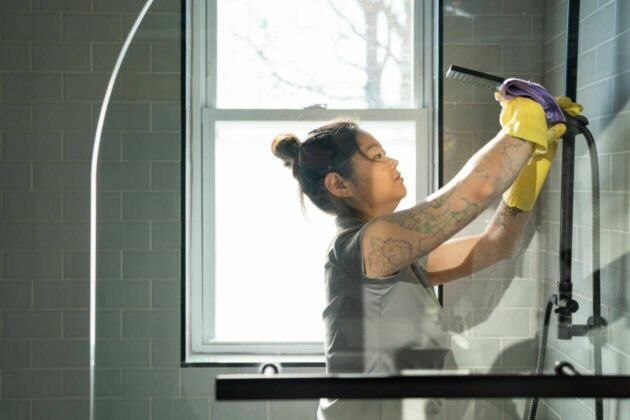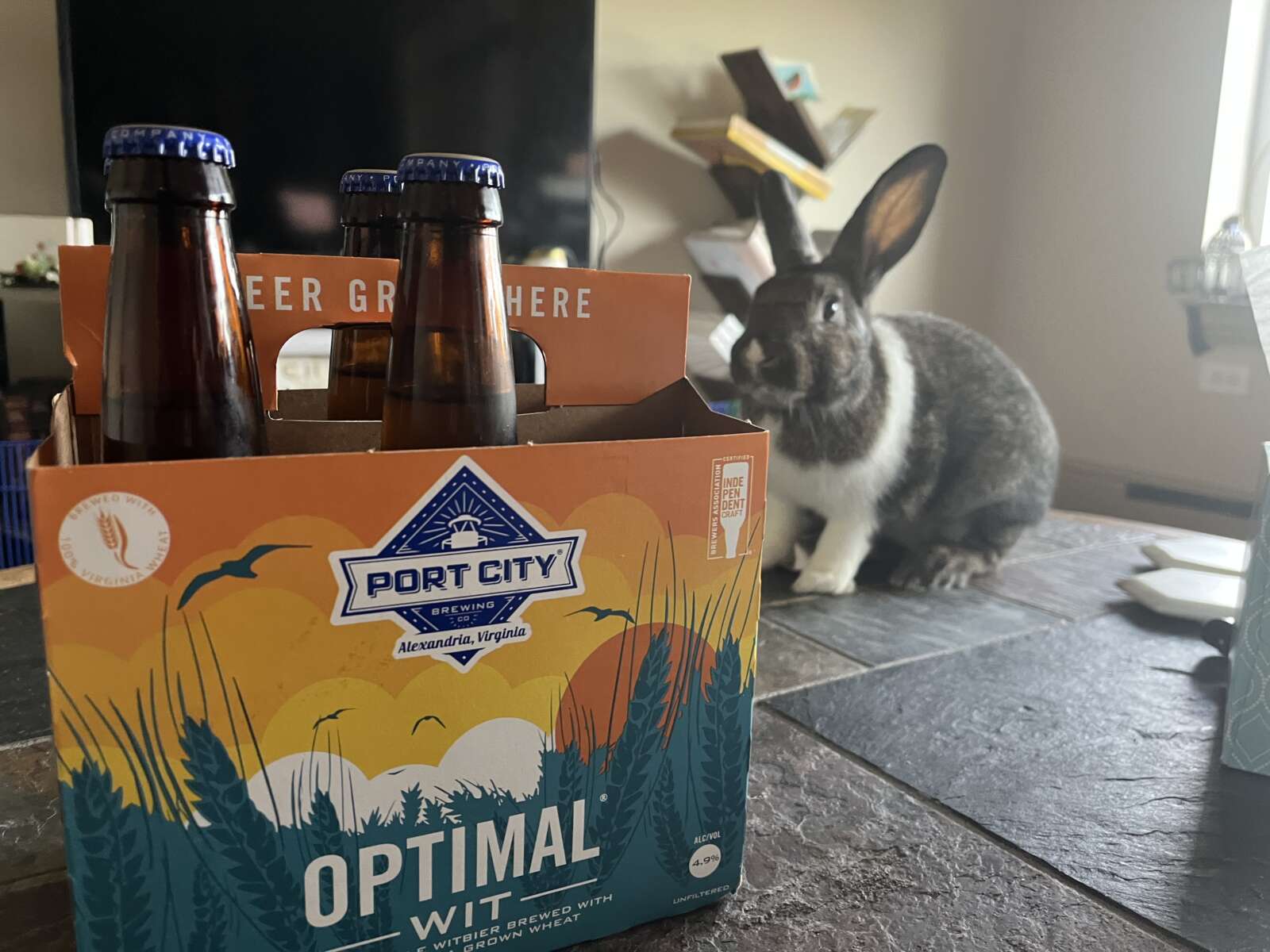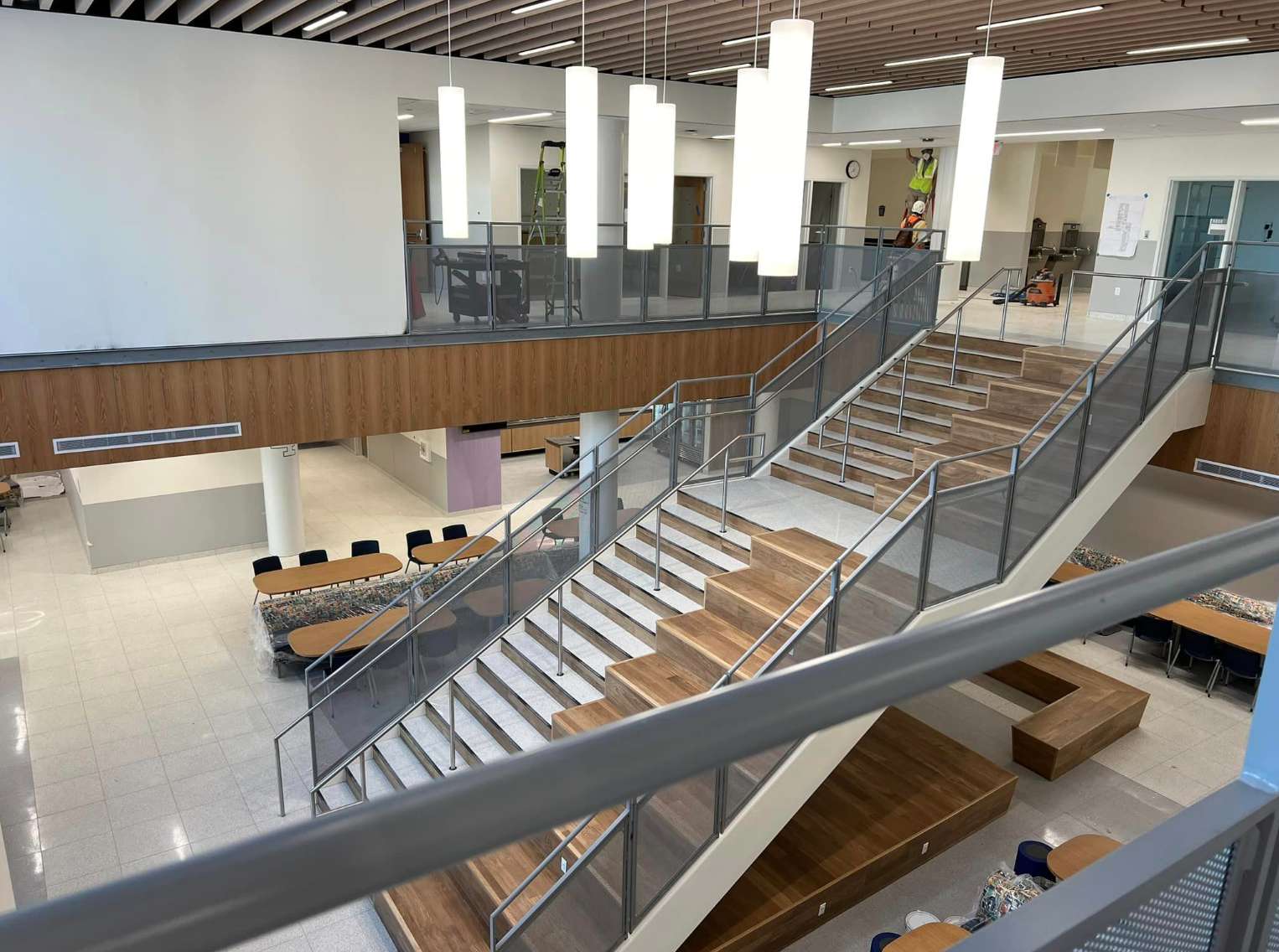
Helenia Bragg had few options.
After getting arrested last year in her Old Town home for possession with intent to distribute Schedule II drugs, the Alexandria native faced a minimum of 10 years in prison and a fine of up to $500,000. Bragg previously spent the greater part of 20 years incarcerated for three possession charges, and had been clean and sober for eight years before falling off the wagon.
“I had a death in my family,” Bragg said. “Instead of using my coping skills, I started getting high so I wouldn’t have to dream or nothin’.”
After her arrest, Bragg, now 66, was offered to have the slate wiped clean and the charges dropped by participating in the Alexandria Treatment Court. She accepted.
“This is a bad time to be an addict, because fentanyl is on everything,” she said. “If you are an addict, I suggest that you get into a program, that you get clean and sober to save your life, because now it really is a matter of life and death.”
The Treatment Court is an alternative to jail for people with serious substance abuse addiction, and most participants have been to jail multiple times. There are currently seven participants in the five-phase program, and there have been eight graduates since it launched in 2019, according to Assistant Commonwealth’s Attorney David Lord, the Treatment Court coordinator.
Lord said that the court, which is overseen by Judge Lisa Kemler, is slowly growing and can now accommodate up to 15 participants. Initially, the program set an enrollment cap at five participants.
“I would like to have more active current participants,” Lord said. “I’m very happy to report that all of the people who have graduated the program, none of them have had recidivism or gotten back in the criminal justice system, which is the ultimate aim.”
Each participant has agreed to weekly check-ins at the courthouse with Kemler, regular meetings with a probation officer and therapy sessions. They also have to take weekly drug tests and work with city agencies to address homelessness, unemployment, lack of medical care and educational needs. In the first phase of the program, participants are given a 9 p.m. curfew. The first phase lasts for two months and the entire program takes between 18 to 24 months.
Lord said that it’s expected for participants to stumble on their journey to recovery.
“Just because you’ve slipped up doesn’t mean that you’ve lost all of your progress and your skills that you’ve developed over the last few months,” he said. “We’ve seen several of our participants who have graduated, went through that exact process, and they had major problems, major slip-ups, and were able to get back on track.”
On a recent Thursday, Bragg and a number of other Treatment Court participants met with Kemler at the Alexandria Courthouse. One male participant was called on and approached the bench wearing a sweatshirt that had the words “I am good trouble” printed on it.
“My problem right now is acting on my emotions,” the male participant said. “When I feel something, I just react right away.”
Kemler congratulated the participant and led the courtroom in applause.
“It looks like you’ve had another great week,” Kemler told him reassuringly. “You had another week of negative drug scanning and you have just appeared to meet all the expectations for phase two, and if all things are on track next week you’ll be eligible for phase three.”
Earlier this year, an Alexandria City High School student died of an opioid overdose, and another was hospitalized. In addition to the creation of the Treatment Court, the city has answered a rise in overdoses by approving a three year strategic plan to eliminate opioid misuse. The plan includes widespread distribution of fentanyl test strips and Narcan, a prescription medicine that can reverse an opioid overdose via intranasal mist.
Bragg dried out in a rehabilitation facility in Frederick, Maryland, for two months before starting the program. She said that she’s back on track and hopes to finish the Treatment Court by February.
“I really do feel great,” she said. “Like my old self again. I’m motivated again.”
Recent Stories

Good news, D.C. area. You can save money on your next home cleaning with Well-Paid Maids. It’s easy!
We offer a discount when you set up recurring cleans — and the discounts just increased this week!
For weekly cleans, get $30 off each cleaning.

Potomac Harmony is Back! Following a gap year of competing, then virtual rehearsals during the pandemic, followed by the well-earned retirement of our long-term director, a year of a director search, Potomac Harmony hit the regional contest stage in Concord, North Carolina in March for the first time since 2018! It was exhilarating, reaffirming, and rewarding!
The chorus hit all of its goals, the biggest of which was to have fun and sing our best on contest stage — we did both! Because we earned a score over 400 points, our new Director, Allison Lynskey, was awarded the Novice Director award, photo above. Additionally, one of our charter members, Jackie Bottash, was nominated for and honored with the Leadership Excellence award. It was a celebratory weekend!
What’s next? So much! We now look forward to upcoming performances, growing our membership, and expanding our musical product with new arrangements and an education component each week. It’s an exciting time to be part of this ever-growing ensemble!
Alexandria NAACP, Shiloh Baptist Church, DPC to hold City Council…
The Alexandria Branch of the NAACP, Shiloh Baptist Church, and The Departmental Progressive Club to hold the City Council Candidate Forum for ALL Candidates in the City of Alexandria Virginia. The event is Free of Charge and Open to The






